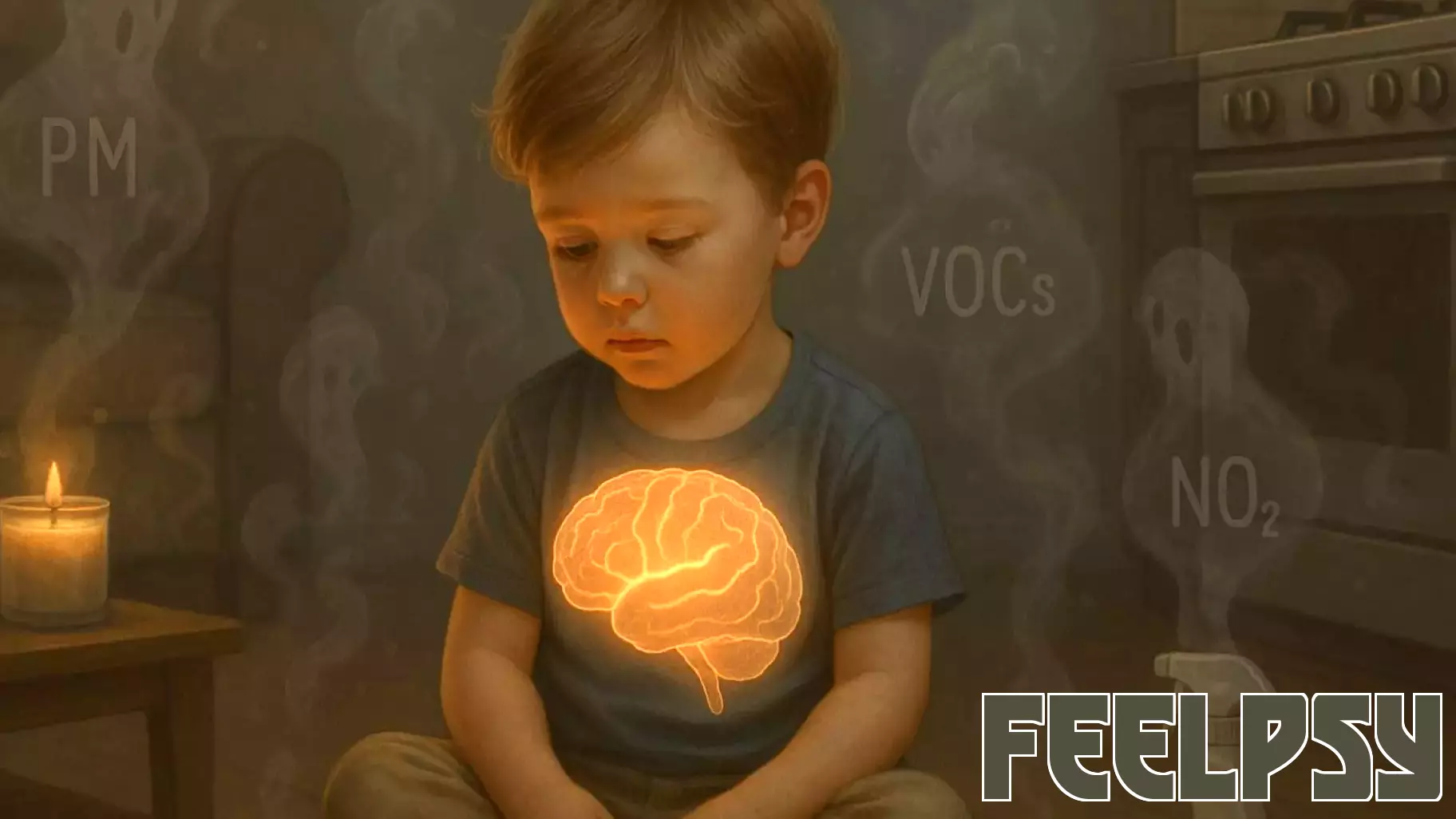Unseen Dangers: How Indoor Air Quality Affects Children's Brain Health
June 17, 2025 - 01:59

Children take approximately 20,000 breaths each day, but the quality of the air they breathe is often overlooked. Recent studies have revealed that hidden indoor pollution may be compromising the cognitive development and overall brain health of children. This alarming issue is particularly concerning as children are more vulnerable to environmental toxins due to their developing bodies and higher respiratory rates.
Common sources of indoor air pollution include household cleaning products, mold, dust mites, and even furniture off-gassing harmful chemicals. These pollutants can lead to a range of health issues, including diminished cognitive function, attention problems, and increased risk of learning disabilities.
Parents must be proactive in ensuring a safe indoor environment for their children. Simple steps such as improving ventilation, using non-toxic cleaning products, and regularly cleaning living spaces can significantly reduce exposure to harmful pollutants. Awareness and action are crucial in safeguarding children's brain health in an increasingly polluted world.
MORE NEWS

February 20, 2026 - 22:29
No, Family Estrangement Is Not a “Trend”The decision to cut off contact with a family member, often termed `no contact,` is frequently discussed in modern culture. However, framing this deeply personal and painful experience as a mere...

February 20, 2026 - 09:12
Frontiers | Social interactions and affective neuroscience personality traits among Chinese educators: a randomized intervention study on wellbeingA new randomized intervention study provides compelling evidence that structured social interactions can significantly enhance the wellbeing of educators and positively influence core personality...

February 19, 2026 - 20:56
Why Graphic News Stories May Not Be Safe for EveryoneThe recent widespread circulation of graphic material from the Epstein files has sparked a necessary conversation about media consumption and mental well-being. Experts are warning that constant...

February 19, 2026 - 16:28
Frontiers | How aging anxiety relates to self-rated health in middle-aged and older adults: the role of psychological pathwaysNew research delves into the complex relationship between the fear of growing older and how individuals perceive their own health. The study, focusing on middle-aged and older adults, reveals that...